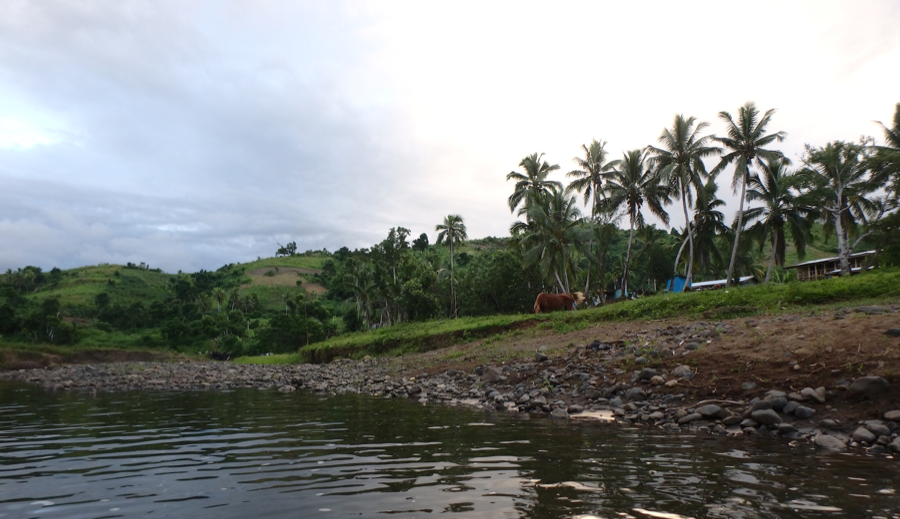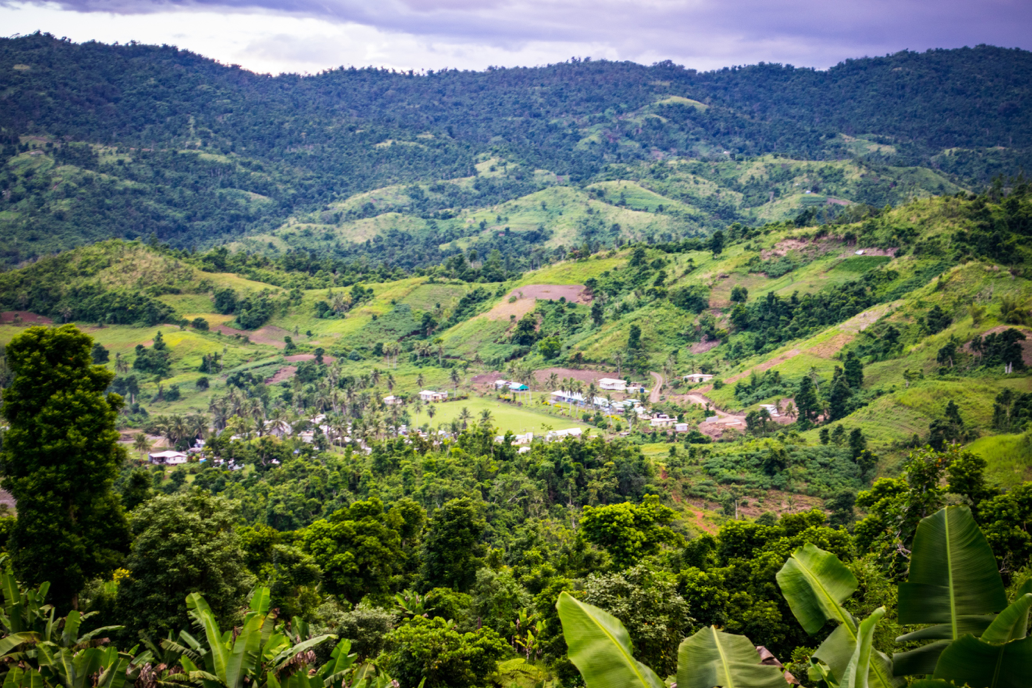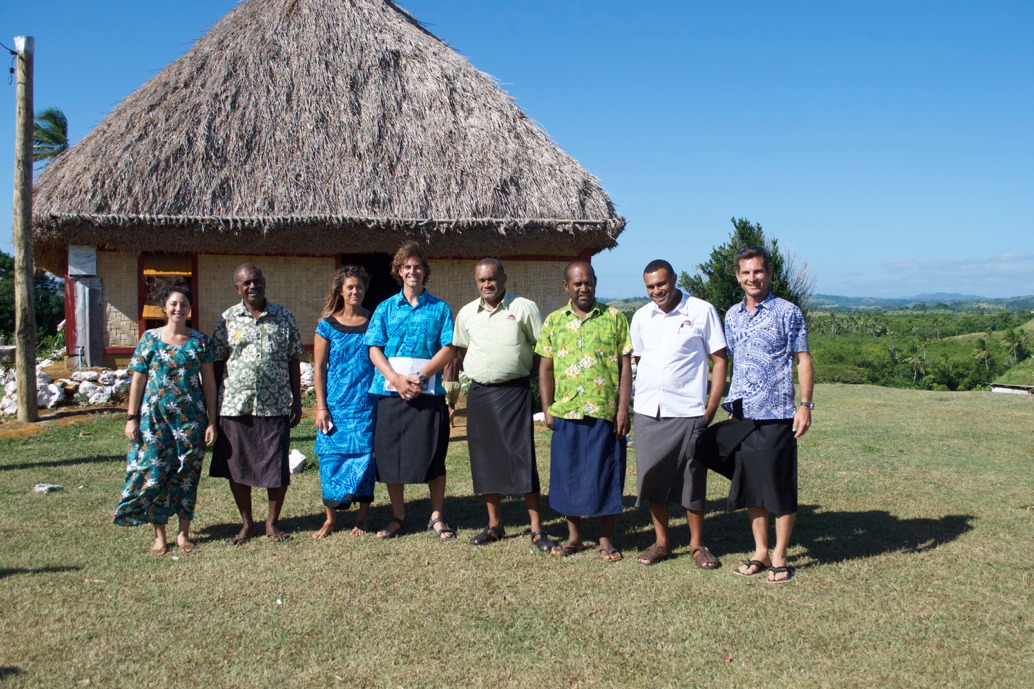Canaries of Climate Change and Community Research
I write this as my mind is a whirlwind of thoughts – what I need to pack, what I’ll likely forget to pack, the fact that I’m flying to Fiji in one day and returning in sixty-five days after two months in the field. ‘The field’ for my Masters research is based in Nawairuku village in the highlands of Ra province in Fiji. I am in the thick of my Master of Arts (Geography) program at the University of the Sunshine Coast within the Sustainability Research Centre. This program follows my Bachelor of Science (Sustainability) / Bachelor of Arts (Geography) undergraduate degree also completed at USC. I have been fortunate to have the right doors open at the right time and I am soon to embark on the next adventure in this thing we call life.
The South Pacific Islands. Think crystal clear waters, hammocks between palm trees, small sandy islands, unimaginable coral reefs, Moana. Think hot spot for global climate change. Think canary in the coalmine. The ten million people of Pacific Island Nations are calling, telling us something dangerous is happening and coming our way. A reality they are no way responsible for, Pacific Island populations are experiencing negative effects of climate change at rates far beyond expectation.
Biophysical changes including sea level rise, rising sea and air temperatures, increasing severity of extreme weather events and shifting seasons have already been recorded and are expected to continue, and accelerate, in the future. Yet, less is known about how these changes translate to affect the lives and livelihoods of people. The risks of climate change are significant, challenging human rights, livelihoods, health, well-being, and food security. Adaptation is inevitable.
The way we experience and respond to change is highly localised. We make decisions on an hourly basis that affect the way our days unfold. Same goes for communities in adapting to change, be it climatic or non-climatic. Increased frequency or severity of extreme weather events, prolonged drought, changing seasons. Impacts and responses are conditioned by local geography and a range of societal factors including economic trends, diversity of food systems, and experience with change. My upcoming research will be conducted at a community scale working with local people to identify what climate conditions are relevant and important to them and what adaptations are realistic and desirable.

Part of Nawairuku village and the river running through
I will soon be returning to Nawairuku village to work with the community to document the conditions that currently affect their livelihoods. Those ‘conditions’ are circumstances or factors that affect every day people’s lives, particularly those that contribute to hardships, make life difficult, or stress livelihoods. I will also work to characterise the adaptive strategies employed to manage and cope with these conditions, especially the role of traditional systems of environmental governance and traditional ecological knowledge in facilitating or impeding adaptation. Lastly, I will describe factors that aid or constrain adaptation. This means exploring the internal and external forces that may facilitate or inhibit adaptation efforts within the system. I am interested to see if community priorities match those of external stakeholders and if not, how to best manage this.

Looking down on the valley where Nawairuku is situated from the gravel 4WD-only access road
Key community members have already presented keen interest in knowing more about sustainable agricultural practises, particularly agroforestry. The community has recently dealt with a series of serious landslides (evident in the photo above) causing significant damage to schools and other buildings in the village. These landslides resulted from the heavy foresting activities done in the past to make space for agricultural land, and catalysed by heavy rains in December 2016.
I am excited to immerse myself in a foreign setting to live and learn from the wonderful people of Nawairuku. I am looking forward to returning with a mass of knowledge and use it in a way to benefit the community and beyond. For now, I will get back to thinking about my packing list and preparing myself for two months away from life as I know it. Talk to you on the other side.

Renee and Lua (Vusama community member), Danielle, Tristan, Tulei (Provincial Council representative), Bete (Vusama village headman), Lui (Nadroga Navosa Provincial Conservation Officer) and Roger (permission for use of photo granted).
For more information:
Environmental Change Research Group Website and Facebook
Sustainability Research Centre


